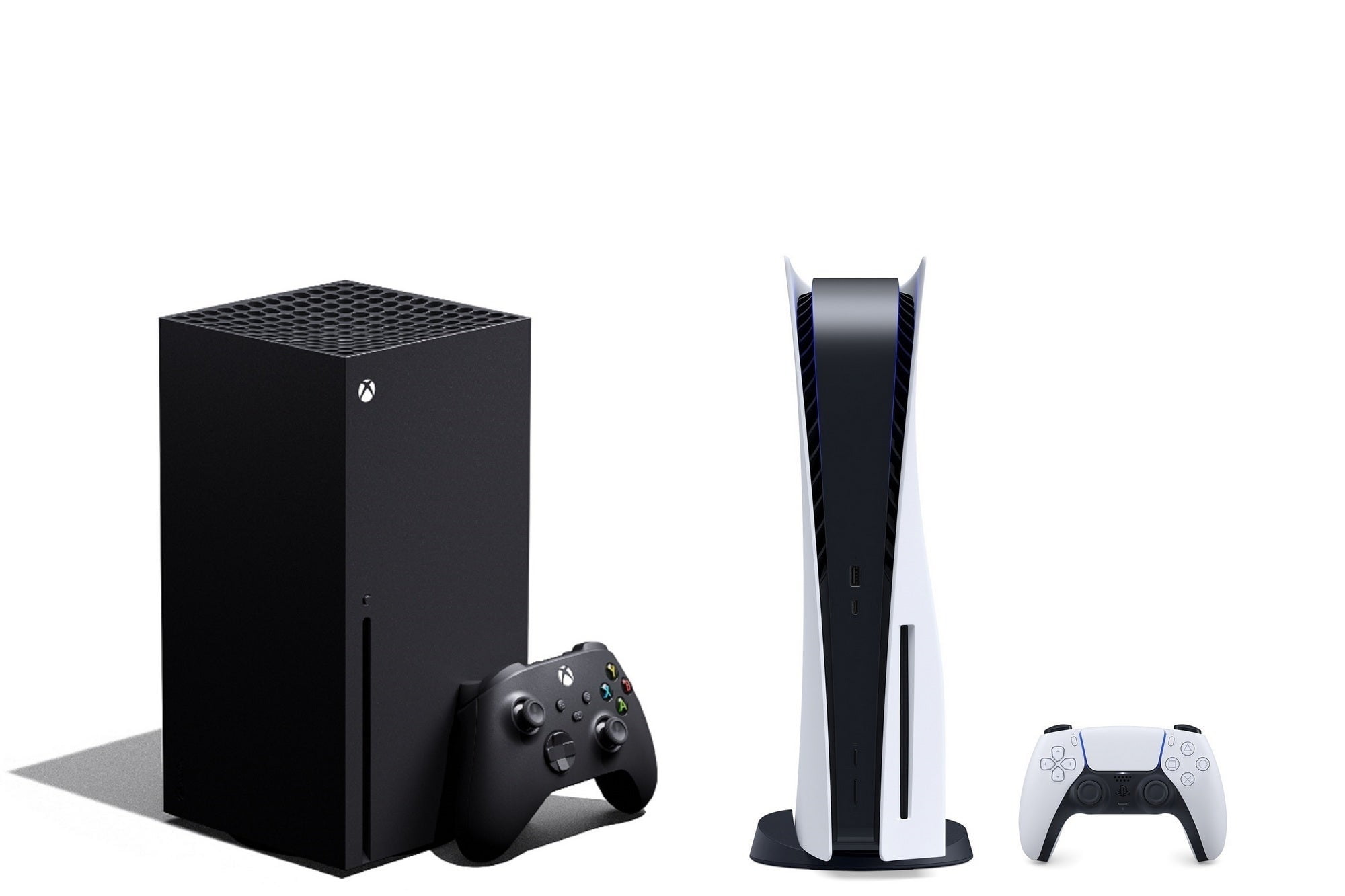
Publishers and console manufacturers have been wanting to move to an “all digital future” for quite some time, but national network infrastructure and consumer resistance has prevented that from happening. Well, EA thinks that it will eventually happen and that consoles will stop being produced.
Gamespot picked up the inflammatory quote from the Daily Orange, where Electronic Arts’ chief competition officer, Peter Moore, explained why consoles might stop being produced, saying:
I’m not sure there will be consoles, as we know them anymore. Games will be accessed by streaming technology, so we don’t need hardware intermediaries in between the two. If you and I want to play Battlefield 12 against each other, we’ll just jump into a game via whatever monitor we happen to have in our homes. It’ll be on a chip, rather than in a box.
In fact, that line of thinking is where Microsoft was originally going with the Xbox One, and that’s part of why they aren’t in first place at the moment. Microsoft was pushing for an “all digital future”, putting lock and key restrictions on digital content, digital access and digital libraries. Quite naturally, there was a lot of push back from the core gaming community who did not like the idea of used game fees, digital signatures for games installed from a disc, and a 24-hour DRM check-in to play games.
Gamespot tries to ease up the impact of Moore’s comments by saying that’s a “far future” concept, but let’s be real here: unless major first-world nations widely adopt fiber optic connections, the broadband setup we currently have is just not convenient enough to support some 50 million hardcore gamers trying to download and stream both single and multiplayer games all at once through small wireless devices.
Heck, just talking about the current setup we do have, Xbox Live or PSN are usuallydown at least once a month, if not for one issue or another it’s due to some DDoS attack. Having to rely on online services for single-player games would be a pain.
But beyond the inconvenience of network infrastructure, there’s still the consumer aspect of digital only goods. Steam is the largest consumer oriented digital distributor for video games, and despite being considered the most consumer friendly, there’s still the issue of ownership, resale, and trading- something even Valve hasn’t been able to escape from, with a number of lawsuits under their belt that eventually led to them implementing a limited form of refunds.
Right now, a lot of gamers enjoy being able to play games when and where they feel like it without the constant restrictions set upon them by publishers and console manufacturers. While multiplayer games require constant online connections, there are still plenty of people playing single-player games offline, and I can’t see them being pleased to have to deal with lag, server issues, or a hotspot dropping a connection while trying to play the latest Mass Effect game.
Nevertheless, Microsoft already made their intentions clear to move toward an all-digital spectrum, and Sony has facilitated PlayStation Now for this purpose as well (though it hasn’t been quite as popular as they probably hoped).
Interestingly enough, if the companies are moving toward an all-digital spectrum, it’s diametrically opposed to the technology required to facilitate VR, since VR is heavilyreliant on powerful hardware to render high fidelity content. So if VR really does take hold and becomes mainstream the consoles won’t be going anywhere, but if VRdoesn’t take hold and companies move more toward a digital setup, then what Moore is talking about could be a possibility in the near future, even against the wishes of many core gamers.








